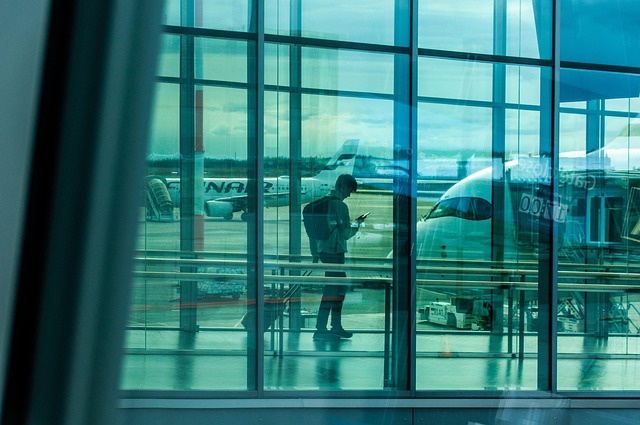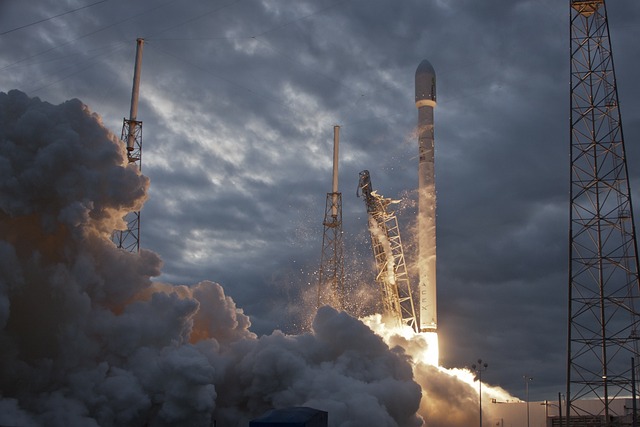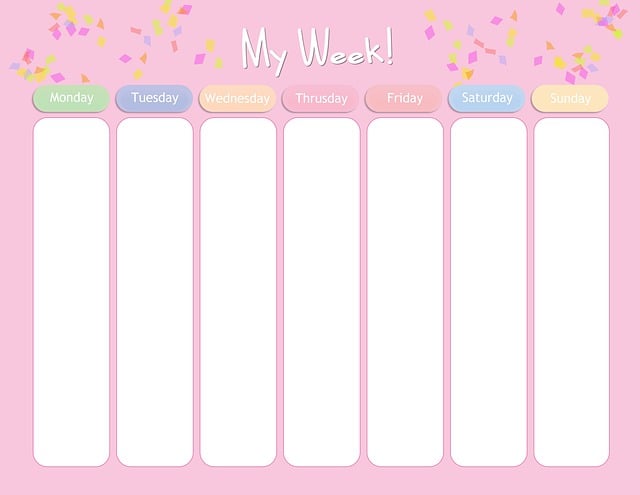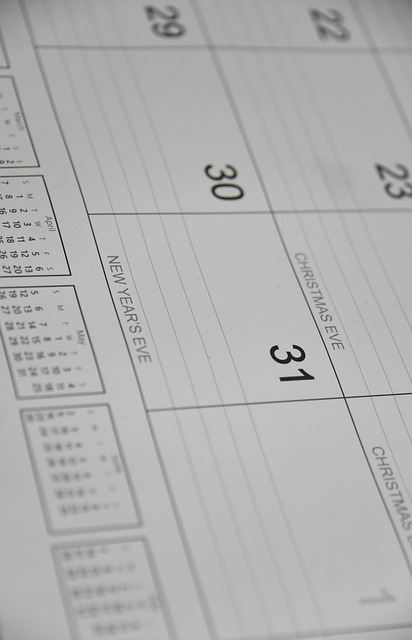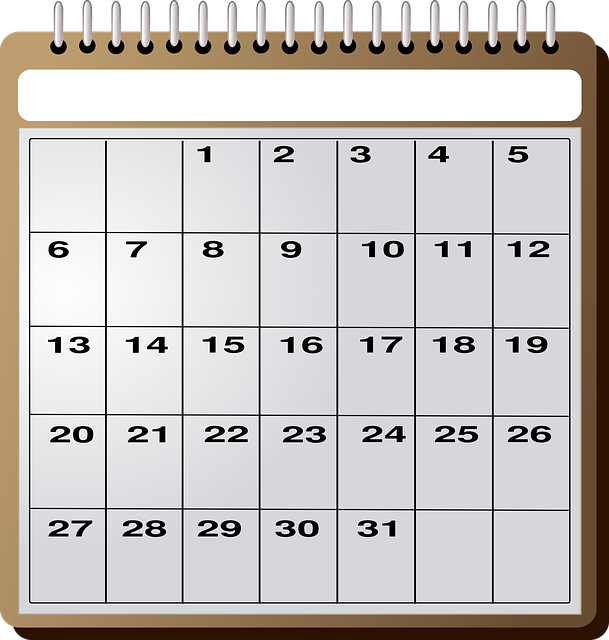Local businesses should strategically choose social media platforms like Instagram, Facebook, Twitter, or LinkedIn for event planning, based on the event's purpose and target demographic. Each platform offers unique advantages: visual appeal (Instagram & Pinterest), broad reach & engagement (Facebook), real-time interaction (Twitter), and professional networking (LinkedIn). Personalized events focusing on local preferences, influencers, products, and culture foster engagement and strengthen business-audience relationships. Past audience feedback guides future event decisions to meet business owners' goals.
In today’s digital age, social media platforms offer local businesses a powerful tool for event planning and promotion. This article delves into the art of expertly managing social media events, guiding you through each step from strategy to optimization. Discover how choosing the right platform, creating engaging content, and setting clear KPIs can maximize reach and foster community engagement. Learn the secrets to successful event planning for local businesses using social media as a game-changer.
- Choosing the Right Social Media Platform for Your Event
- – Understanding your target audience and their preferences
- – Benefits of different social media platforms for event promotion
Choosing the Right Social Media Platform for Your Event
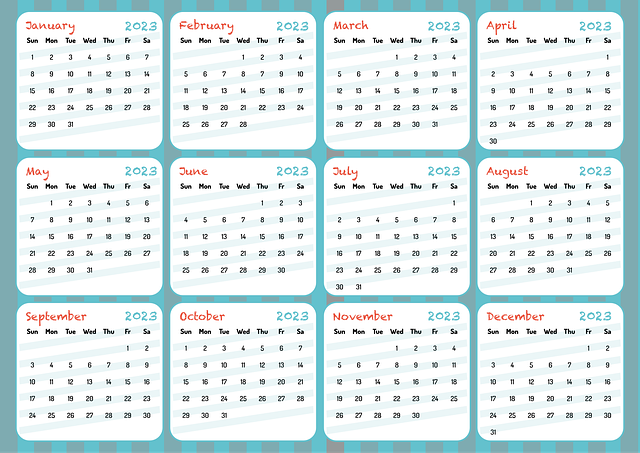
When planning events for local businesses, choosing the right social media platform is a strategic move that can make or break your event’s success. Different platforms cater to diverse audiences and content types. For instance, Instagram is ideal for visually appealing events with a focus on photography and storytelling through images. Facebook, on the other hand, is versatile and great for reaching a broader local audience with text updates, live streams, and community engagement. Twitter suits events that require real-time interaction and quick updates, while LinkedIn is perfect for professional networking events or those targeting specific industry sectors.
The event’s purpose and target demographic heavily influence this decision. Local business events aimed at showcasing products should consider platforms like Instagram or Pinterest to highlight visual aspects. For community gatherings or educational seminars, Facebook or LinkedIn may be more suitable, allowing organizers to create detailed event pages and promote discussions. Effective platform selection ensures your event reaches the right people, fosters engagement, and ultimately aligns with the goals of local business owners in event planning.
– Understanding your target audience and their preferences

When planning social media events, understanding your target audience and their preferences is paramount. It’s crucial to delve into demographics, interests, and behaviors to create a meaningful experience that resonates with participants. For local businesses, this means tailoring events to appeal to their specific community—whether it’s through showcasing locally sourced products, inviting neighborhood influencers, or focusing on themes relevant to the area’s history or culture. Such personalized approaches foster engagement and build a stronger connection between the business and its audience.
Effective event planning involves actively listening to audience feedback from previous events and leveraging that data to make informed decisions. By understanding what worked well and what didn’t, organizers can enhance future events, ensuring they align with the expectations of local business owners and their customers alike. This iterative process is key to refining strategies for successful event management within the context of event planning for local businesses.
– Benefits of different social media platforms for event promotion

Social media offers a powerful array of platforms tailored for event promotion, catering to diverse audiences and purposes. For Event Planning for Local Businesses, Instagram and Facebook are invaluable tools. Instagram’s visual focus allows businesses to showcase event atmospheres, attractions, and highlights with captivating photos and videos, reaching potential attendees where they actively seek inspiration and experiences. Facebook, on the other hand, facilitates detailed event listings, complete with dates, times, locations, and descriptions, enabling effective outreach through targeted advertising and community engagement.
Twitter adds another dimension by facilitating real-time communication and interaction, ideal for sharing updates, announcements, and even hosting online discussions or Q&A sessions related to the event. LinkedIn is particularly beneficial for professional events, networking meetings, and conferences, connecting business leaders and industry professionals who are likely to be interested in such gatherings. Each platform’s unique features allow for strategic and efficient promotion, ensuring your event reaches its target audience effectively.
Effective social media event management is a powerful tool for local businesses looking to engage their audiences. By understanding target demographics and leveraging the unique features of each platform, event organizers can create tailored strategies that drive participation and enhance overall event success. As social media continues to shape the way we connect, mastering these tactics ensures local businesses keep pace with modern event planning trends.





